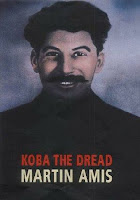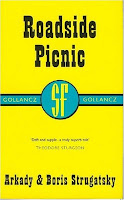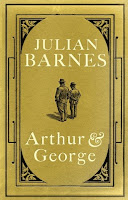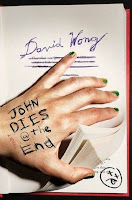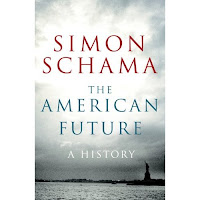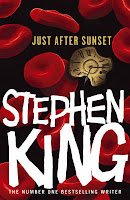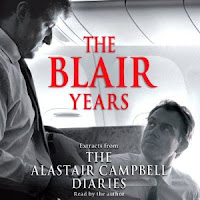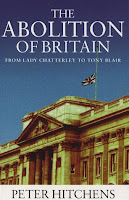
Rome's craziest emperor deserves better than this. I quite liked the start - the main character's an animal trainer who tries to steer bloodthirsty Roman audiences away from the slaughter of exotic beasts by making them do tricks and routines. Animal welfare through circus routines - stick that PETA! Nice idea to look at the violence and spectacle of Caligula's reign through the microcosm of the arena. But instead the trainer has to look after the Emperor's elephant, and the story falters.
Most disappointing was Caligula himself. If you're writing a trashy novel about Rome's third emperor, then you really want to make him balls out bonkers. This guy's a byword for topsy-turvy tyranny. Children of the eighties will remember with fondness Judge Caligula's brief time in office in Mega City One. There's certainly a lot of crazy and brutal behaviour, but I wasn't convinced. Maybe after reading about Stalin it doesn't seem so outlandish.
We don't actually know all that much about Gaius Caesar (Caligula's a childhood nickname - his father was a famous general, and Gaius used to wear a tiny uniform around camp. A caliga was the sandal worn by the soldiers, and caligula is the diminutive.) Tacitus's history of the regime has been lost, and historians rely on Suetonius. He's very entertaining, but kind of like getting your history from News of the World. His lost works include Greek Terms of Abuse and Lives of Famous Whores.
So, many modern commentators thinks Caligula's craziness has been exaggerated for effect. What is clear is that he was very young (28 when assasinated) and the first emperor to realise the true extent of his power. This bears a little explanation.
The old Republic had been devastated by decades of political violence and civil war. The complex, balanced but inherently static political system couldn't cope with a growing empire. First off there was a massive influx of slaves from conquered terrorities. Slave labour led to fewer and richer landowners, which caused a military problem - only landowners could be soldiers.
The General Marius needed an army, and decided to ignore the senate and recruit anyone he wanted. He paid them with the promise of booty and land in the future. A commonsense solution, but one which would have massive consequences in the coming centuries. See, the generals were also the politicians. And the Marian reforms meant that armies were loyal to their generals, rather than the Roman state. A recipe for disaster.
The interminable in-fighting came to an end after Octavian defeated Antony at the Battle of Actium. He decided to make himself king.
Now, the Romans hated and loathed kings ever since they kicked out Tarquinus Superbus back in the mists of time, so Augustus (as he was renamed) was very careful not to seem like a king. He retained and paid respect to the consuls, the tribunes, the senate - all the traditional power structures of the republic - but they were stripped of any real power. And so Rome enjoyed peace and prosperity for the first time in a long time.
Political genius though he was, Augustus hadn't thought this through. Two big problems - no effective curbs on the emperor's power, and no consistent rules on succession. The rot set in quickly. Augustus's successor Tiberius was a gloomy, paranoid and brutal ruler (he always reminds me of Gordon Brown.) He was (possibly) murdered by Caligula, who finally seemed to understand what being an emperor was really about - doing whatever you wanted!
He was murdered by the praetorian guard after a few short, but presumably fun years (for Gaius at least.) But the standard was set. Most Roman emperors were closer to Caligula than Augustus. And the military became increasingly powerful, ending up with the throne being "auctioned off" by the guard a few centuries down the line. The succesful bidder didn't hang on to it very long. Fear of the armies was also a big reason why Britain had so many military bases, Hadrian's and Antonine's walls etc. It wasn't because of constant battles with the Picts in Scotland - it was to keep them as far away from Rome as possible.
I love all this stuff, but if you want more I can recommend Tom Holland's Rubicon, an excellent history of Julius Caesar, Pompey the Great and Crassus (Olivier in Spartacus - a millionaire who ended up having molten gold poured down his mouth.) And there's a great podcast by Dan Carlin called Hardcore History - he's currently wading through the history of the late Republic.


